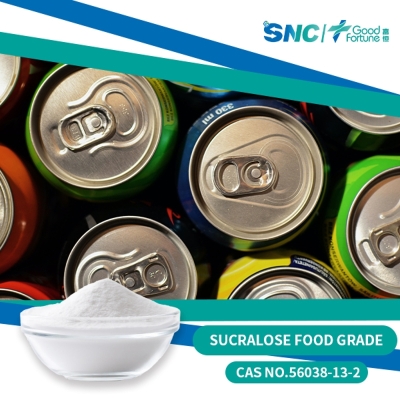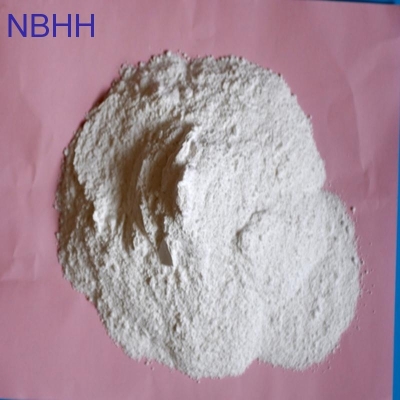-
Categories
-
Pharmaceutical Intermediates
-
Active Pharmaceutical Ingredients
-
Food Additives
- Industrial Coatings
- Agrochemicals
- Dyes and Pigments
- Surfactant
- Flavors and Fragrances
- Chemical Reagents
- Catalyst and Auxiliary
- Natural Products
- Inorganic Chemistry
-
Organic Chemistry
-
Biochemical Engineering
- Analytical Chemistry
-
Cosmetic Ingredient
- Water Treatment Chemical
-
Pharmaceutical Intermediates
Promotion
ECHEMI Mall
Wholesale
Weekly Price
Exhibition
News
-
Trade Service
Proto: The cause of sugar addiction turns out to be in the gut
A network of images and sources
A network of images and sourcesPeople's preference for sweetness is innate, and it is easy to draw this conclusion
People's preference for sweetness is innate,
We are born with many sweet receptors in our taste buds, which are more sensitive to sweetness, and sweetness will bring a pleasant feeling through nerve transmission, so we generally like sweetness, and even can't
Part.
Why is eating sugar addictive?
Why is eating sugar addictive?Dopamine provides pleasure
Dopamine provides pleasureSugar chemical changes after contact with the human body to produce a large amount of dopamine, through continuous absorption and dissolution to the whole body, and finally stimulate the nerves to cause the human body to produce a state of
Elevated blood sugar brings satisfaction
Elevated blood sugar brings satisfactionWhen the human blood sugar level is low, it is easy to be irritable, irritable, and depressed
Part.
Are the sensations of sugars produced by the tongue?
Are the sensations of sugars produced by the tongue?While taste buds can't tell the difference between natural sugar and artificial sweeteners, cells in the gut can tell the brain
In an article titled "The preference for sugar over sweetener depends on a gut sensor cell" published in Nature Neuroscience on January 13, 2022, researchers have identified cells that make people want to ingest sugar, which are in
Cells that make people want to ingest sugar, they're in the
Studies have confirmed that mice that have removed taste receptors can still somehow recognize natural sugars and artificial sweeteners even if they lose their sense of taste, which means that there is a sugar perception mechanism independent of the taste system--- (the sugar sensory pathway of the gut-brain axis), which is essential for the formation of sugar preference, so sweets are the first to seduce your intestines to some extent, which can motivate and increase the body's intake, utilization and consumption
Sweets are somehow the first to seduce your gut, which motivates and increases the body's intake, utilization, and consumption
Clinical studies have found that if the saturated fatty acids in the diet are replaced with sugars with the same energy (sucrose or fructose syrup, commonly used additives in sugary drinks), it will be found that low-density lipoprotein, triglycerides are increased, and high-density lipoprotein is reduced, and these changes are associated
Eating sugars of the same energy has a greater
People who eat sugar will become more and more fond of sugar
People who eat sugar will become more and more fond of sugarDrugs are known to be addictive, but we don't know, so is
An article entitled "The Truth about the Toxicity of Sugar" published by authoritative experts in the United States in the international top academic journal Nature magazine pointed out that sugar, like tobacco and alcohol, is a potentially harmful and addictive substance, just like tobacco addiction, sugar eaters will become more and more fond of sugar
People who eat sugar will become more and more fond of sugar
To reduce the health effects of sugar, more and more people are starting to consume artificial sweeteners instead of real sugar
.
These artificial sweeteners have the sweetness of sugar, but are not usually converted by the human body and therefore do not produce heat
.
.
It is considered a healthy way to eat and has become increasingly popular
in recent years.
However, while real sugar and artificial sweeteners produce similar sweetness, people still prefer real sugar, which also makes it difficult for artificial sweeteners to shake people's cravings for
sugar.
These studies all tell us that the gut's preference for sugar is crucial, and that this pathway is not related to the sweet receptors located on the tip of the tongue, and reminds us that even artificial sweeteners cannot deceive the gut
even if they deceive the taste buds.
Responsible Editor:







